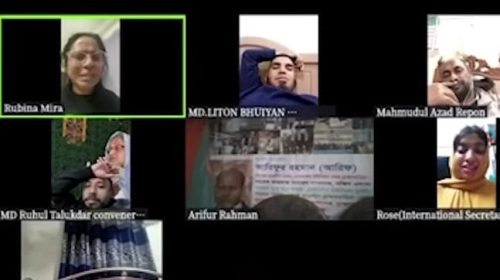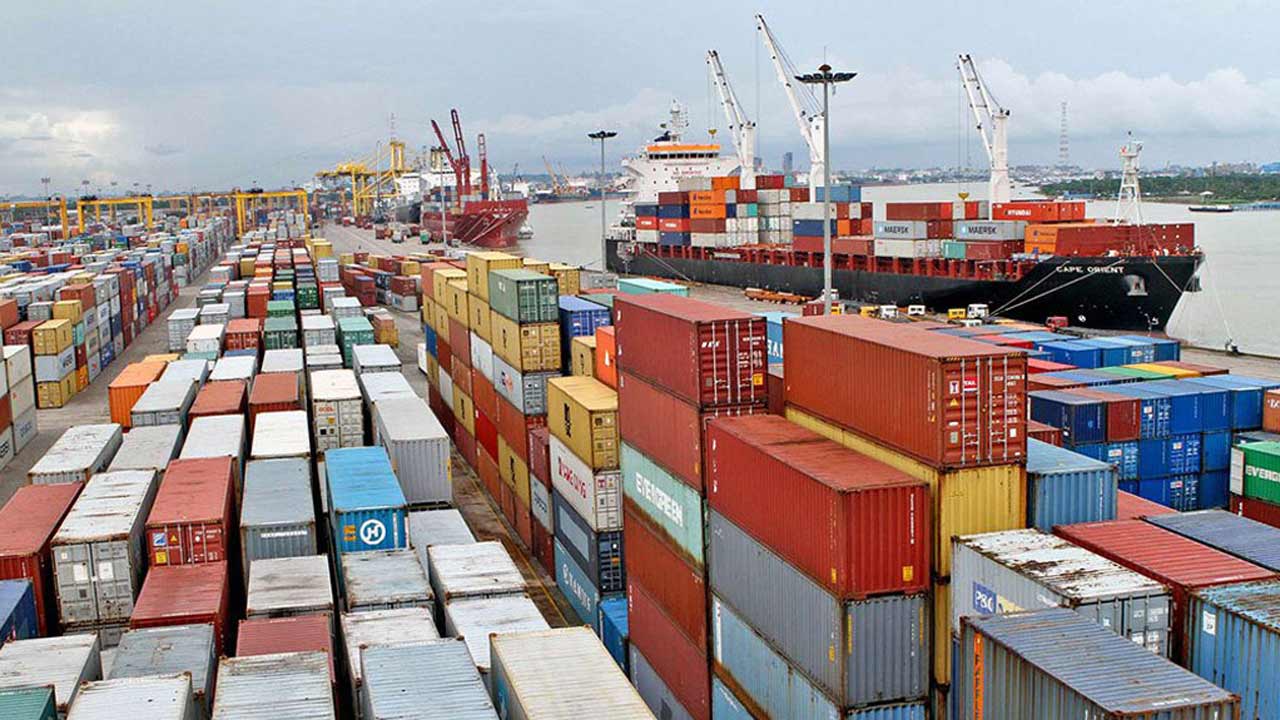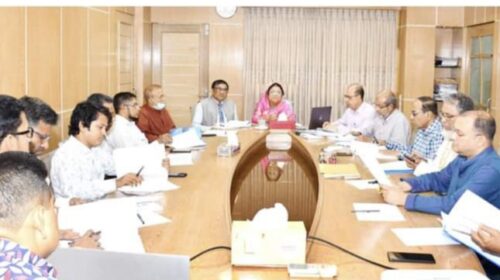A software glitch has caused widespread disruption to the customs clearance of import and export goods at the Chattogram Custom House since last Sunday.
The malfunction of ASYCUDA (Automated System for Customs Data) software, an integrated customs management system for international trade and transport operations, has led to delays in clearing goods, leaving customs officials, C&F agents, shipping agents, and other stakeholders struggling to manage their operations.
As a result of the malfunction, customs officers have been unable to properly assess consignments, resulting in delayed import clearance and export shipment processes. Importers and exporters have been hit hard, facing significant challenges in moving goods in a timely manner.
The problem erupted after the National Board of Revenue (NBR) upgraded the ASYCUDA software last Friday. The upgrade, instead of streamlining operations, has introduced new complications that have hindered the workflow at the customs house.
C&F (Clearing and Forwarding) agents noted that the complexity of the software is mixing up critical data from the bill of entry. These entries contain important information such as product name, type, exporting country, company details, product price, and applicable duties. Due to software issues, much of this data is being scrambled, resulting in inaccurate information regarding the number of containers, the products they hold, and their weights.
Automation at the Chattogram customs house began in 1995 to improve the efficiency of import-export activities, with the ASYCUDA being introduced in 2013 to manage customs operations nationwide.
The software processes import data online, tracking all relevant information about shipments, taxes, and dues to the NBR. However, with the current issues, the system is failing to provide accurate data, causing significant delays in customs clearance.
Quazi Mahmud Imam (Bilu), Secretary General of the Chattogram C&F Agent Association, explained that since last Sunday, the software issues have slowed operations to the point that tasks that should take one day are now taking two.
“We have submitted bills of entry and export, but customs officials have been unable to process them in a timely manner. Not only that, but there are also discrepancies in the bills we’ve submitted, which are causing even further delays,” he said.
Saidul Islam, deputy commissioner and spokesperson for the Chattogram customs house, told, “Software upgrades are part of our regular operations, but this time, it has caused a slowdown in the system. We’re experiencing disruptions on our end, and we’ve reached out to the NBR for assistance. They have assured us the problem will be resolved soon.”
On average, the Chattogram customs house processes about 7,000 bills daily — 2,000 bills of entry for imports and 5,000 bills of export.
Syed Mohammad Arif, Chairman of the Bangladesh Shipping Agents Association, expressed concern over the situation, stating, “If the ships and containers are not declared, they will be left floating in the outer anchorage of the port, leading to financial losses for shipping companies. While we support necessary upgrades, there should always be alternative measures in place to prevent such disruptions.”





















